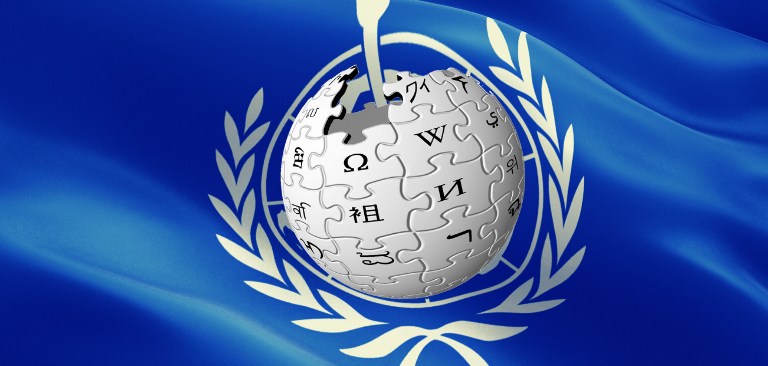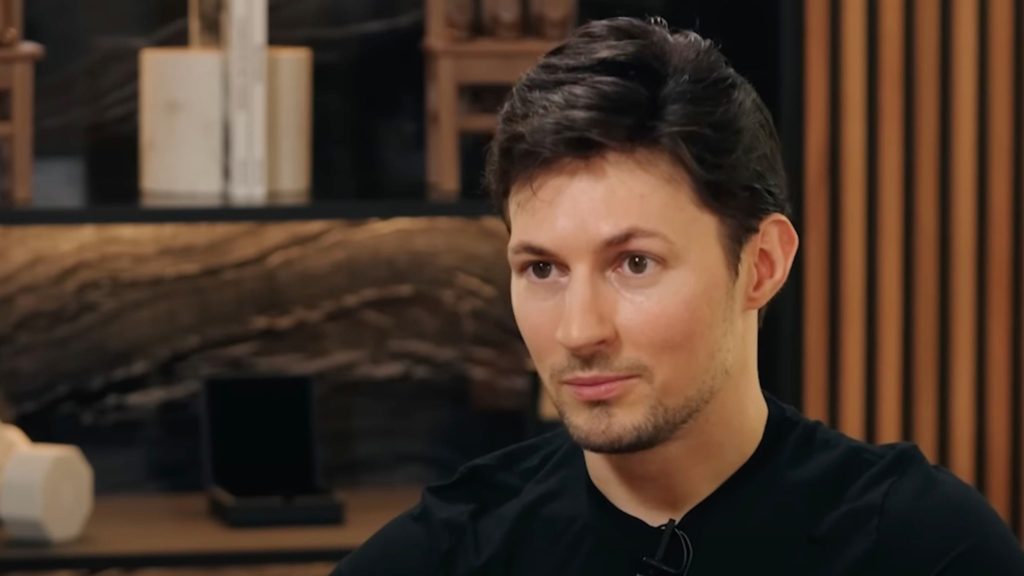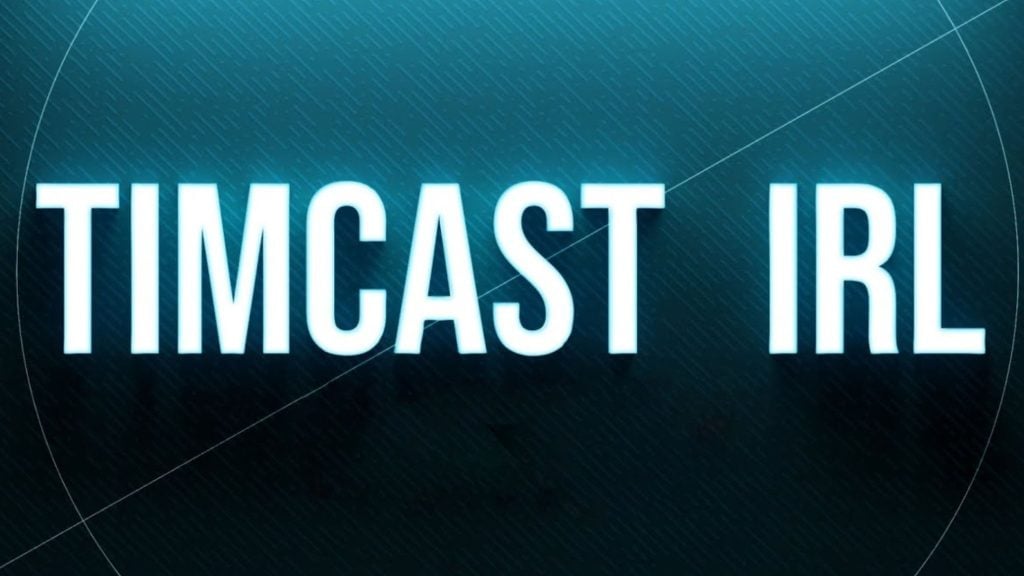Both Wikipedia and the World Health Organization have their fair share of issues pertaining to credibility and authority. Ironically, both have also put themselves at the forefront of questioning precisely this about others (earnestly aided by social media giants who have made censorship their policy).
The question marks around Wikipedia and WHO are whether the former is really an encyclopedia – given the way information there is editorialized, removed, and otherwise controlled – and who made the latter the world’s top health authority that supersedes national ones.
And now, what many might see as “two wrongs” are teaming up to try and make right by disseminating WHO’s information about the coronavirus pandemic by using the popular online platform (aka, “online encyclopedia”).
WHO in this way continues its fight against what it calls “an infodemic.” Since it would appear there will be no fact-checking of WHO’s “information about misinformation” on the part of Wikipedia, that means the site will “parrot” WHO content by reposting it to pages in nearly 200 languages.
This partnership has been made official as a content licensing deal, that will allow Wikipedia to use WHO’s words, pictures, and videos free of charge.
(WHO is an agency of the United Nations, funded by member-states, and its content is already available under a Creative Commons attribution-noncommercial-sharealike license, so the need to put the emphasis on licensing in announcing this new partnership is unclear.)
As for why Wikipedia, the answer is clear: it reaches many more people than WHO’s own website and its presence on social media. Having an opportunity to push its story on Wikipedia, which is among the top-ten “most consulted” sites in the world, is “like having an army to work with,” said WHO digital content manager Andrew Pattison.
WHO’s website, like the rest in the UN system, produces content in six major world languages – and if nothing else, these are accurate translations. Wikipedia, on the other hand, relies on volunteers who post content in 175 languages, with no discernible supervision in terms of quality and accuracy, resulting in sometimes wildly different pages dedicated to the same subject, in different languages.
If you're tired of censorship and dystopian threats against civil liberties, subscribe to Reclaim The Net.









